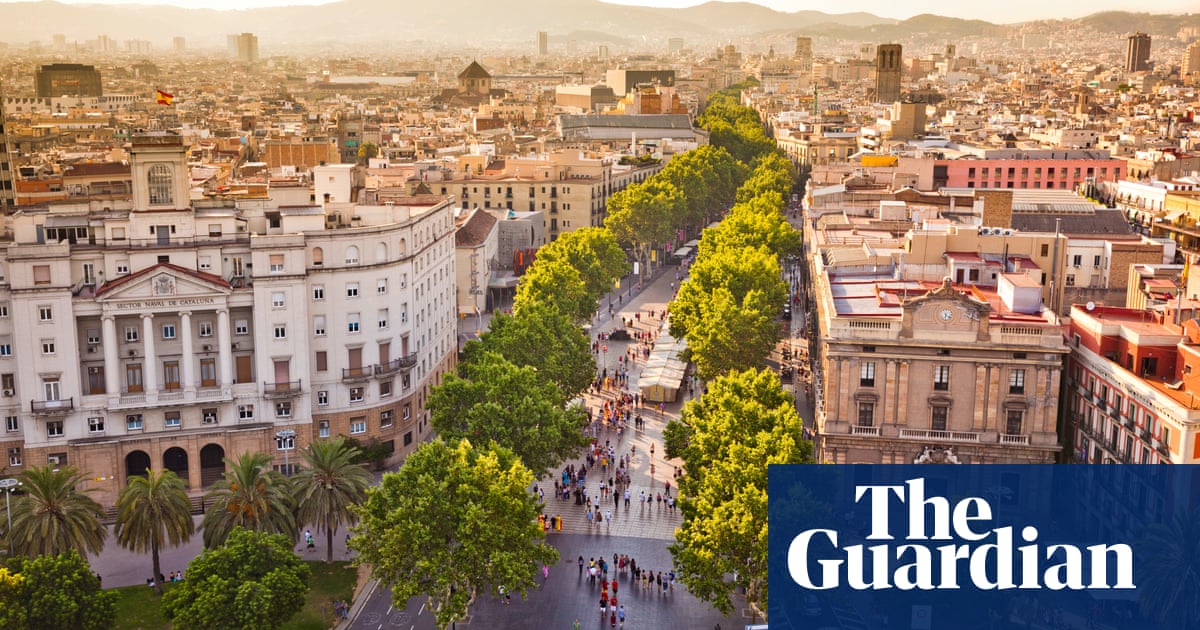The decision made headlines around the world, sparking surprise and threats of billion-euro lawsuits. But months after officials in Barcelona announced plans to rid the city of tourist flats by late 2028, the city’s mayor has described it as a “drastic” but sorely needed move to rein in the surging cost of housing.
“It’s very drastic but it has to be because the situation is very, very difficult,” Jaume Collboni said in one of his first interviews with international media since the June announcement. “In Barcelona, like other big European cities, the number one problem we have is housing.”
The past 10 years have seen rental prices in the city soar by 68% while the cost of buying a house has climbed 38%. As some residents complained of being priced out of the city, Collboni began eyeing up the 10,101 licences the city had handed out allowing accommodation to be rented to tourists through platforms such as Airbnb.
What the Socialists’ party mayor saw was a relatively swift way to bolster the city’s stock of residential homes while also curtailing some of the 32 million tourists who descend on the city of 1.7 million annually.



Even if they raise hotel prices 50%, they’ll still be cheaper than hotels in other massive cities. If people don’t mind paying $300/night in Paris or London, they’ll be okay with paying $150-200/night in Barcelona.
that’s not how it works. tourism is elastic to only a small extent. the rest is in an equilibrium. barcelona is in constant competition with other spanish cities, portugal, french south coast, italy etc. if barcelona raises hotel prices 50% and nothing else changes, very very many people who were on the fence about their destination and chose barcelona will easily choose the now comparatively cheaper alternatives.
Given that supply is being removed, it is likely that demand will adjust to the new hotel supply.
In markets the typical response to a sudden shortage is an ________ in ______, leading to a reduction in demand, as the demand shifts to alternatives (other destinations, non-consumption) until a new equilibrium is found.
That’s right - an increase in pricing reduces demand by pushing people to alternatives, reducing demand.
Cool, but the Barcelona local government isn’t increasing prices; they are reducing supply.
That’s right, a reduction in supply increases prices.